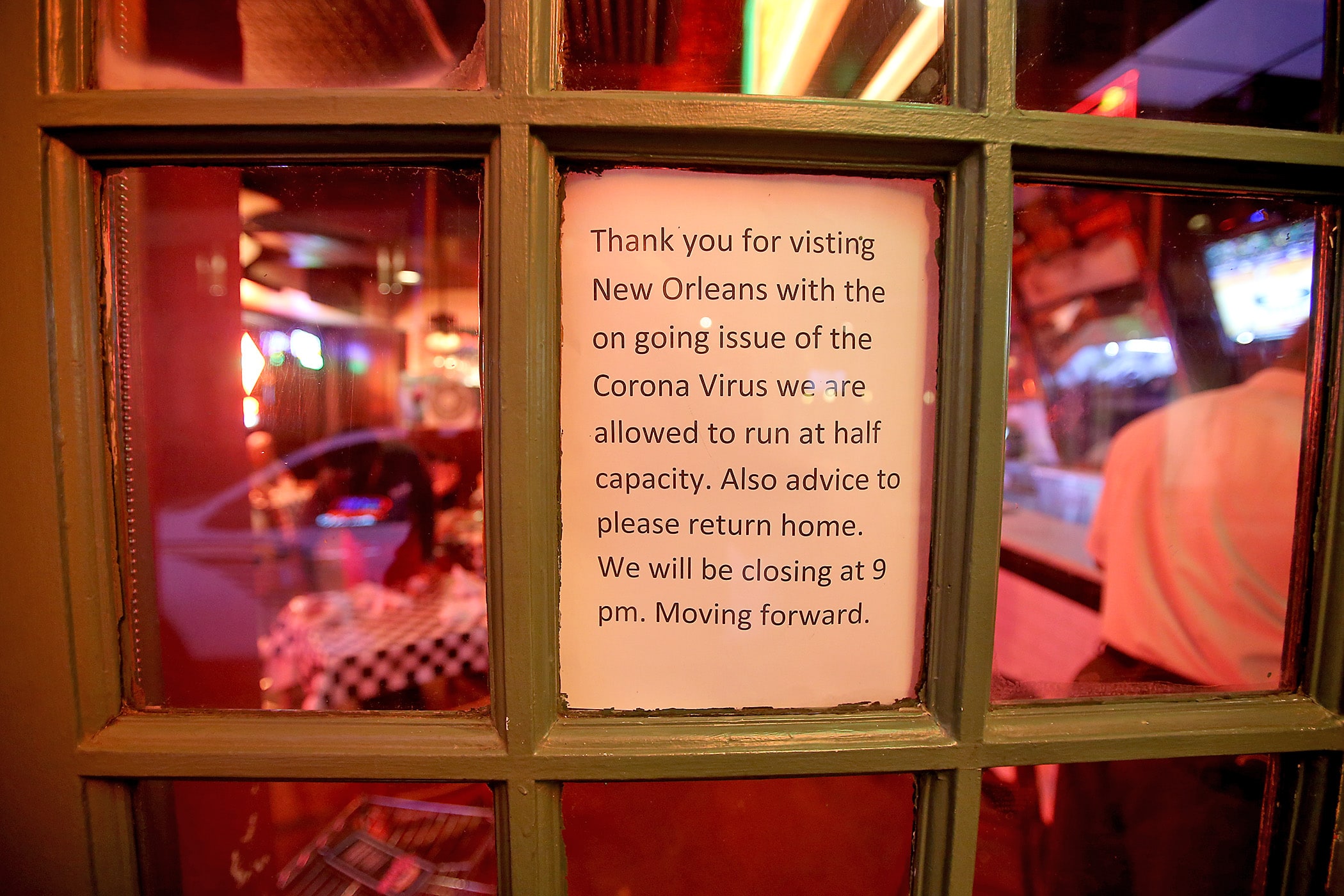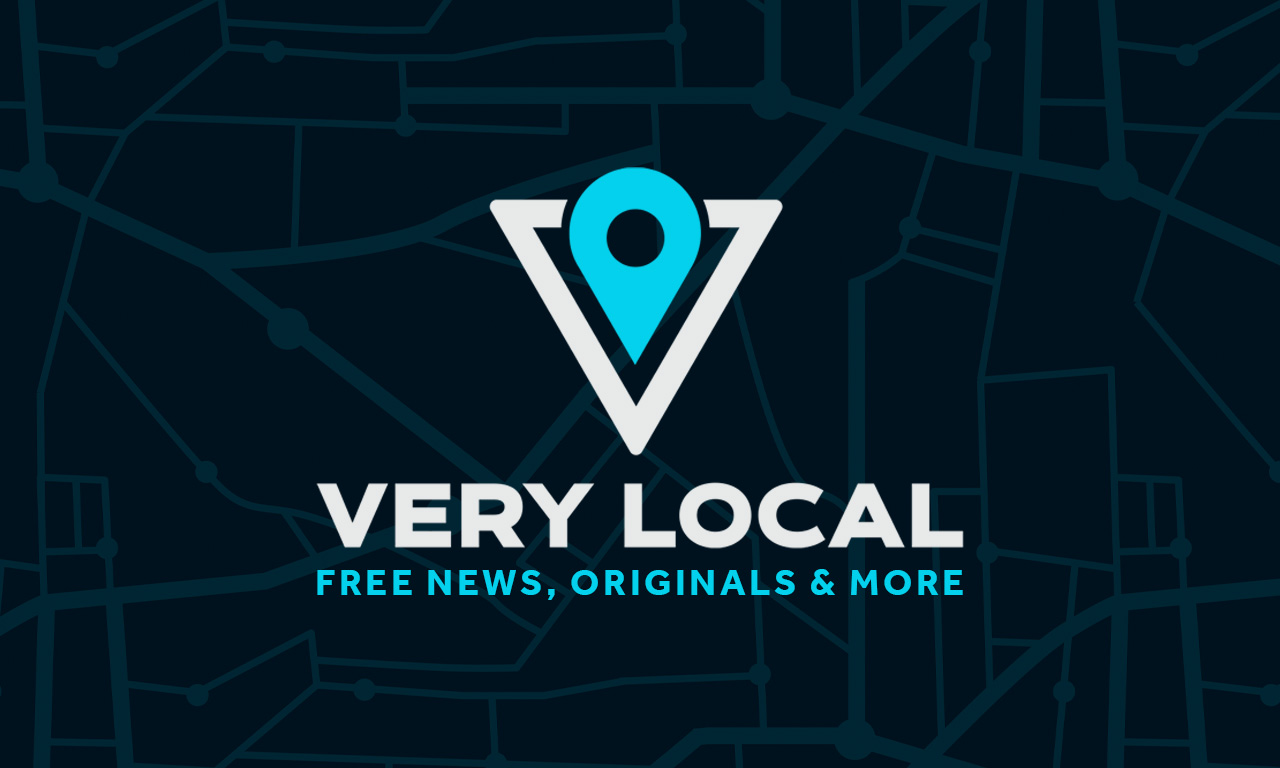New Orleans knows what it means to be in crisis.
Living here is to understand how summer rains can come running under the front door, and why that supply of canned goods buried deep in the pantry sticks around for a hurricane season that lasts nearly half of every year.
But this? This is different.
Just weeks ago, we were dancing in the streets and celebrating the beauty of life even as something sinister was snaking its way into our lives, and into our lungs. Now, with more than 130 cases of coronavirus and three deaths linked to it reported in Louisiana as of late March 16, health and public officials are mandating we stay home as much as possible and limit contact from everyone we can.
This is, in short, not something New Orleanians are very good at. We are a front-porch people. We smile at strangers and hug our neighbors. We understand the value of teaching our children what it means to celebrate with and in our community. And when things get bad, we gather closer together.
But while heeding that kind of physical instinct is neither available nor encouraged, we are not without options. Here are some safe ways you can reach out and help your fellow New Orleanians during the COVID-19 pandemic.
Free ways to help
Check in on your elderly neighbors.
Because seniors are among the most at-risk group of contracting COVID-19, now’s the time to put in an extra phone call or chat outside (at a safe distance) with your elderly neighbors, who may not have the same number of family visitors they usually do thanks to strapped pocketbooks and schedules. Just an extra bit of conversation can go a long way.
Donate blood.
Health officials have plenty of concerns right now, and among them is a marked decrease in blood donations. If you’re eligible, make a trip that’ll cost you nothing and potentially save a life.
Entertain a kid.
With Louisiana schools shut down for at least the next month, now’s the time to hop on a FaceTime call with your niece, nephew or young friend and read them a book or talk about something you’re passionate about (but in ways that are age-appropriate!). Not only will they appreciate the extra digital time they get to spend with you, but it’ll help give their parents a few minutes to focus on something else for a brief time.
Volunteer for a crisis hotline.
You can get information about volunteering for the Trevor Project’s TrevorChat and TrevorText, who answer questions from young people about depression and suicide, as well as LGBTQ identity and coming out.
Find out what your neighbors need.
Create a Google Doc or thread on a neighborhood Facebook group to centralize what your neighbors might need. As we all know, some stores haven’t been able to stay fully stocked of certain items, so now’s a good time to create a space where folks can turn if they do actually run out of toilet paper.
Have grace, and be respectful.
Check in on your family and friends. Have some understanding when your people get stressed out and, above all, be respectful of the ways in which we need to keep our community healthy. Wash your hands. Don’t insist on hugs or handshakes. Give people their space.
Not-free ways to help
Donate to gig economy workers.
The New Orleans Business Alliance started a fund with its own $100,000 donation aimed at helping workers within the city’s vast gig economy — read: musicians, ride-share drivers and festival production staff, among many others — offset some of the lost income from the effective cancelation of one of the busiest and most lucrative times of year. You can add to it here. Local stand-up comedian Laura Sanders is also collecting Venmo accounts for New Orleans-area bartenders, who swiftly lost hours March 16 after the announcement of a midnight closing time. See the list of bartenders here.
Donate to the New Orleans Musicians’ Clinic.
The clinic offers free care to musicians, performing artists and other cultural workers, including Mardi Gras Indians, and their families. It accepts patients aged 19 and older, regardless of their ability to pay, though it does also accept private insurance and Medicare and Medicaid. Donate here.
Buy art and music.
Head to the websites for local music stores, record labels, musicians and artists and stock up on CDs, records, merch and locally produced art for yourself or for gift-giving later this year. With festival season effectively shuttered, New Orleans musicians and art vendors will need some way to make up the missing income. WWOZ also recommends following local musicians on social media, where many have listed personal Venmo information and suggested ways to support their work.
Stock up on gift cards.
While takeout remains an option for many local restaurants, some are closing outright. Either way, consider buying gift cards for these locally owned businesses, and think beyond restaurants and coffee shops to consider the breweries, gift shops, bakeries and boutiques that may need the boost of income without reliable foot traffic.
Put a down payment on a project for later.
Do you get family photos taken for holiday cards every year? Check in with your favorite local photographers and see if you can put a down payment on a photo session later in the year.
Donate to a local food bank.
You do not need to purchase food and drop it off to make a donation to local food banks, which are likely to see an increased need as businesses are hit harder and harder by the urgent requests for people to stay home. Donate to Second Harvest Food Bank here.







